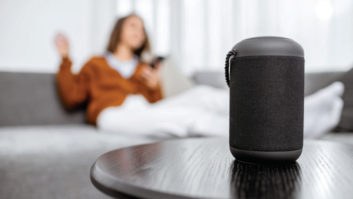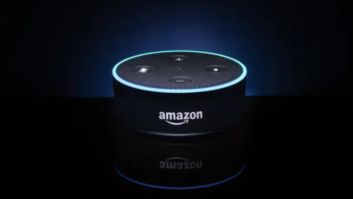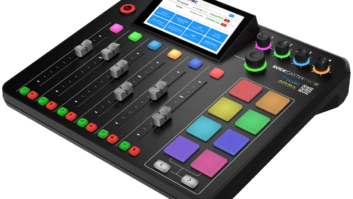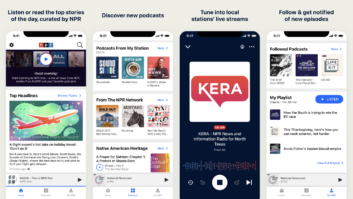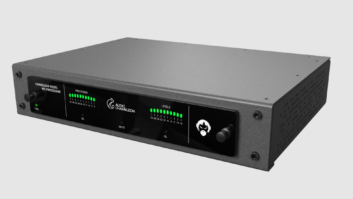
According to NPR and Edison Research, The Smart Audio Report, a cooperative new study, reveals the habits and behaviors of smart speaker owners. It contains insights on audio consumption, usage behaviors, ties to smart home technology and more.
“Although smart speakers have not been around for very long, nearly one in five owners say that these devices are the way that they most often listen to audio,” said Edison VP of Strategy Tom Webster. “The frictionless way in which these devices enable audio consumption is already changing listening behaviors, and potentially increasing audio consumption overall.”
The Smart Audio Report is based upon a national online survey of 1,620 Americans ages 18+ — half of the respondents indicated that they owned at least one smart speaker (160 Google Home, 709 Amazon Alexa-enabled, and 69 who owned both), while 820 respondents did not and were surveyed for comparative purposes. The device owner data was extrapolated to nationally representative figures based on The Infinite Dial 2017 from Edison Research and Triton Digital.
According to The Infinite Dial 2017, 7% of Americans 12+ own a “smart speaker,” the category of voice-controlled devices that includes the Amazon Echo and Google Home.
Nearly three-quarters of smart speaker owners indicated that they are listening to more audio (news/talk, podcasts, audio books and music) at home after getting the smart speaker. Out of the smart speaker-owning respondents, 65% said they’re listening to more music; 28% are listening to more news/talk content; 20% are listening to more podcasts; and 18% are listening to more audio books. The average smart speaker owner listens to four hours and 15 minutes of music on a smart speaker, one hour and 15 minutes of news and one hour and 22 minutes of podcasts.
Smart speaker owners use the device to tune in to AM/FM radio, too: 38% listen to music stations and 32% listen to news/talk regularly. However, not all the news is good for radio. Unfortunately, 62% said they wanted a smart speaker in order to “hear better music than AM/FM radio.”
The survey also asked how they tend to listen to audio content. Among the speaker owners, the smartphone/tablet edged out other devices to be the favorite of 28%. AM/FM radio was the second-most popular choice at 20%. Smart speakers were at 18%, and speakers connected to smartphones were the top choice of 17%. Computers, iPods and CDs came in at 8%, 7% and 2%, respectively.
Logically, streaming is also more popular among smart speaker owners than among those without: 94% vs. 71% listen to streaming content. Smart speaker owners are also more likely to pay for a subscription streaming service: 57% said they do so, while only 37% of those without refrain.
Podcasts are also more popular among the smart speaker set — 70% are podcast listeners. Among nonowners, 45% listen to podcasts.
Apparently, these consumers are fans: 65% of smart speaker owners indicate that they would not want to go back to the way things were before getting one of these devices, and 42% called it “essential.” Also, 69% of current owners have encouraged others to get one, and 45% expect to purchase another device. And half of those who don’t currently have a smart speaker say they are likely to purchase one in the next six months.
Smart speaker owners rely on their devices for a variety of tasks — from checking the news, setting timers and alarms, adding to shopping lists and entertaining children. On average, owners indicate use their smart speakers for 7.5 common tasks during their week.





